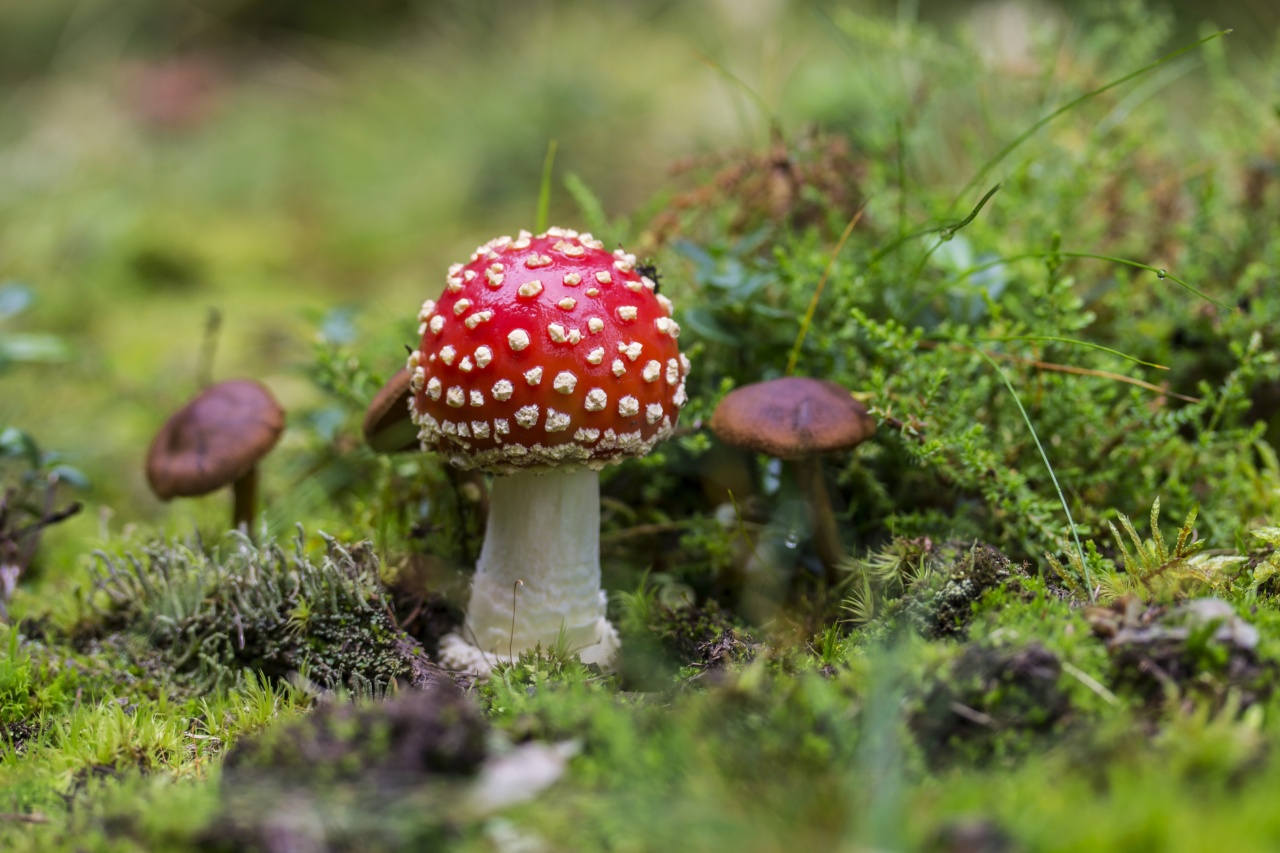Our daily food choices play a significant role in our overall health and well-being.
While we often focus on selecting nutritious and wholesome foods, it’s equally important to be aware of potentially toxic substances that may be present in certain foods. Even seemingly harmless foods can contain toxins that can have adverse effects on our health. In this article, we will explore nine common foods that could be toxic and why it’s crucial to exercise caution when consuming them.
1. Canned Foods
Canned foods are a convenient option for many individuals due to their long shelf life. However, the linings of many canned products contain a harmful chemical called bisphenol A (BPA).
BPA has been linked to various health issues, including hormonal imbalances, reproductive problems, and even certain cancers. To minimize exposure to BPA, opt for fresh or frozen foods instead of canned options.
2. Farmed Fish
While fish is often considered a healthy protein source, certain types of farmed fish can be problematic. Farmed fish are often fed a diet high in antibiotics to prevent diseases in crowded fish pens.
These antibiotics can make their way into our system and contribute to antibiotic resistance. Moreover, farmed fish may contain higher levels of mercury and other toxins due to their diet and living conditions. When consuming fish, choose wild-caught varieties to minimize these potential risks.
3. Non-Organic Produce
Conventionally grown fruits and vegetables are often treated with pesticides, which can be harmful to our health.
Prolonged exposure to pesticides has been associated with various health issues such as neurodevelopmental problems, hormone disruption, and an increased risk of certain cancers. To limit exposure to pesticides, choose organic produce whenever possible, or wash non-organic produce thoroughly to remove any residue.
4. Processed Meats
Processed meats like sausages, hot dogs, and deli meats are frequently preserved using sodium nitrite.
During cooking, sodium nitrite can convert to harmful compounds called nitrosamines, which have been linked to an increased risk of certain cancers, particularly colorectal cancer. Limiting the consumption of processed meats and opting for freshly prepared alternatives can help reduce exposure to these potential carcinogens.
5. Soda and Sugary Beverages
Soda and other sugary beverages not only contribute to obesity and dental issues but can also contain certain toxins.
Caramel coloring, often used in these drinks, is created by heating sugars with ammonia and sulfites, resulting in the formation of 4-methylimidazole (4-MEI). High levels of 4-MEI have been classified as potentially carcinogenic. Water and healthier alternatives such as herbal teas or freshly squeezed fruit juices are better choices for hydration.
6. Raw Sprouts
While sprouts are often considered a healthy addition to salads and sandwiches, they can harbor harmful bacteria such as E. coli and Salmonella. These bacteria can contaminate sprout seeds during the germination process and cause foodborne illnesses.
Individuals with weakened immune systems, pregnant women, and young children are especially vulnerable. Thoroughly cooking sprouts or opting for cooked alternatives can eliminate the potential risk.
7. Shellfish
Shellfish, including oysters, clams, and mussels, are filter-feeders, meaning they obtain nutrients by filtering water. Consequently, they can accumulate toxins present in their environment, such as heavy metals and bacteria like Vibrio vulnificus.
These toxins can lead to severe food poisoning and may have long-lasting health effects. It is advisable to consume shellfish from reliable sources and to ensure they are properly cooked to minimize the risks associated with these potential toxins.
8. Artificial Sweeteners
Artificial sweeteners are commonly used as alternatives to sugar in various food and beverage products. While they may have fewer calories, some artificial sweeteners like aspartame and saccharin have been linked to adverse health effects.
Research suggests that these sweeteners can disrupt gut microbiota, contribute to metabolic disorders, and even lead to weight gain. Moderation and opting for natural sweeteners like stevia or honey can be healthier alternatives.
9. Microwave Popcorn
Microwave popcorn may seem like a quick and easy snack option, but the bags often contain a chemical compound called perfluorooctanoic acid (PFOA).
PFOA has been associated with numerous health problems, including hormone disruption, kidney disease, and certain cancers. Making popcorn using organic kernels on the stovetop can be a safer alternative to minimize exposure to these potential toxins.
It is crucial to be mindful of the potential risks associated with the foods we consume.
By making informed choices and opting for healthier alternatives, we can reduce our exposure to potentially toxic substances and enjoy a safer and more wholesome diet.






























